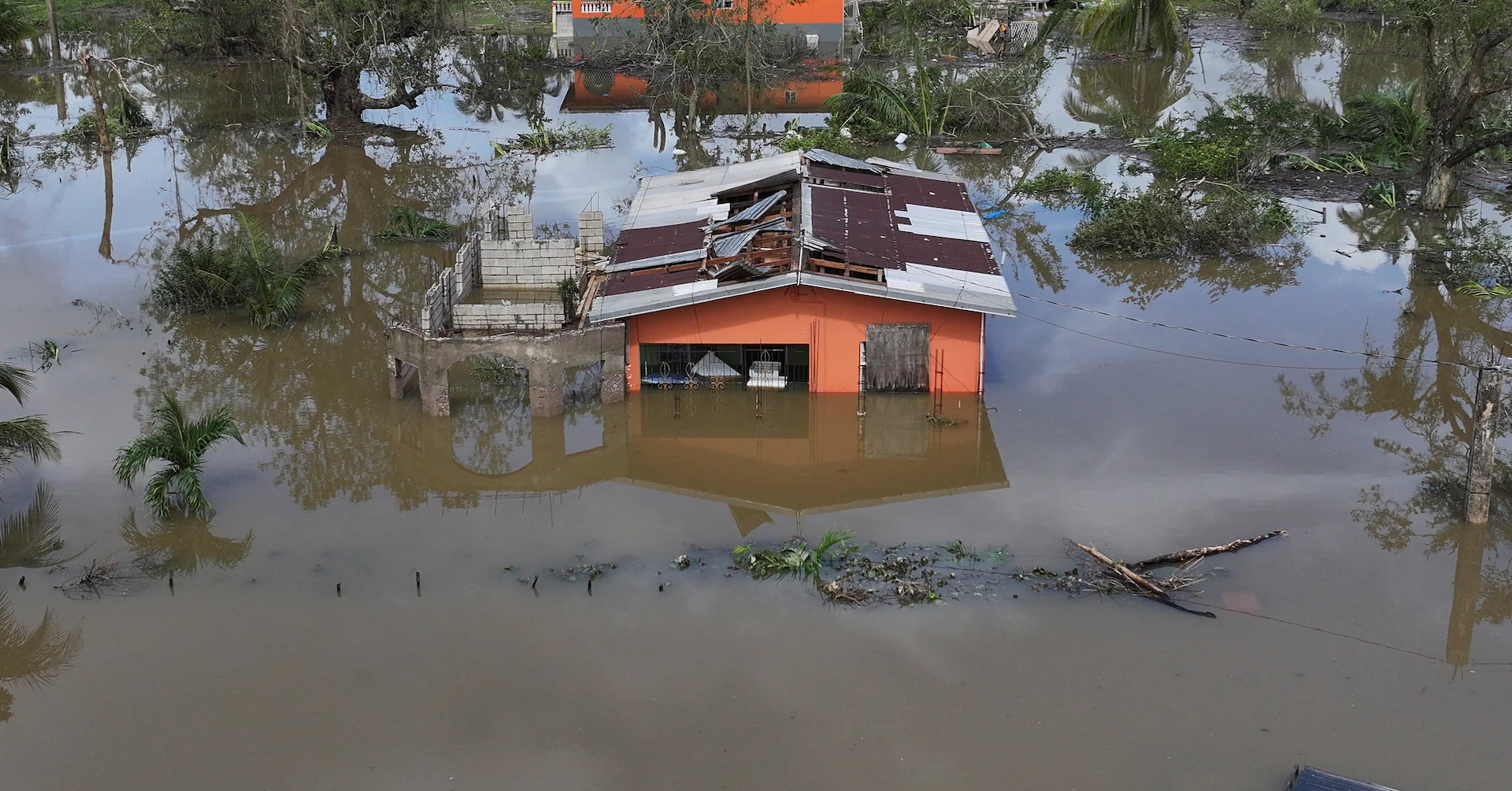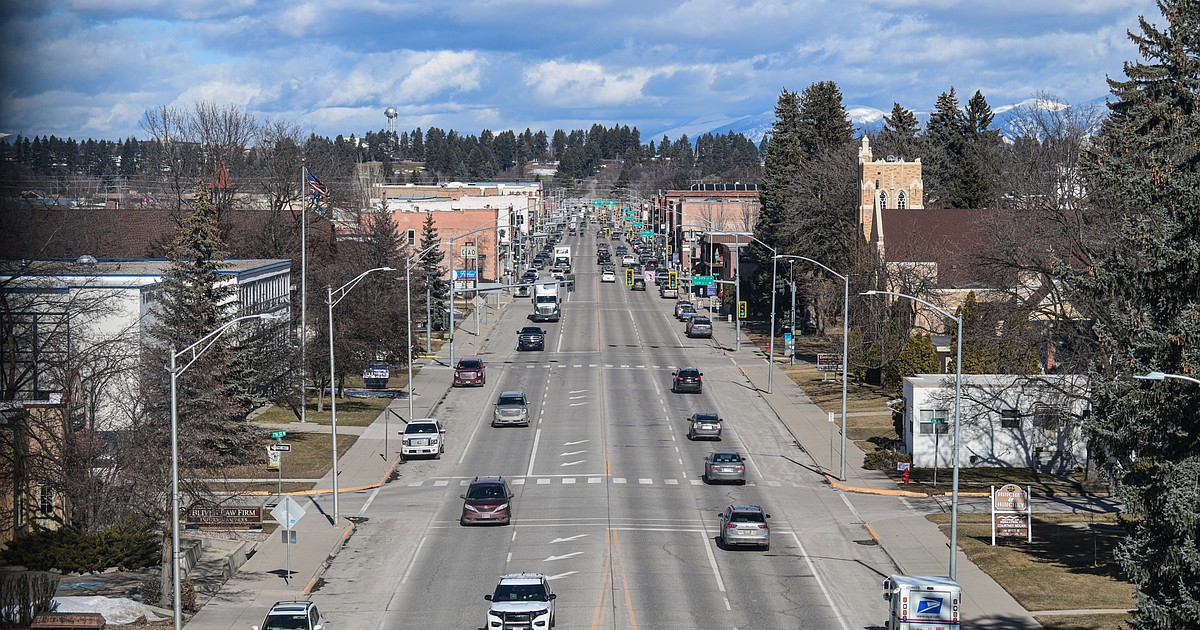Copyright Reuters

This is an excerpt of the Sustainable Switch newsletter, where we make sense of companies and governments grappling with climate change, diversity, and human rights on Tuesdays, Thursdays and Fridays. To receive the full newsletter in your inbox for free sign up here. Sign up here. Hello, Tragedy has struck the Caribbean this week as Hurricane Melissa caused devastation in Jamaica with life-threatening storm surges, flash floods and landslides on Cuba's eastern end before barrelling towards Haiti and Bermuda. The strongest storm on record ever to hit the Caribbean island nation blasted western Jamaica, demolishing homes, knocking down swaths of trees and washing out roadways. Click here to keep up with the live updates of the storm. The storm has killed at least 25 people in Haiti and four in Jamaica. In eastern Cuba, around 735,000 people were evacuated from homes as the storm approached, authorities said. By mid-morning, President Miguel Diaz-Canel said Cuba had already suffered extensive damage and warned residents against letting down their guard, urging them to remain sheltered. People across the Bahamas and nearby Turks and Caicos hunkered down as the passing storm pummelled them with dangerous gusts and rain. How and why did this happen? The Category 4 storm, just one away from the strongest possible on the Saffir-Simpson scale, brought sustained winds of 130-156 mph (209-251 kph). The risk of death or injury is still considered very high under a Category 4 storm. Melissa is the third-most intense hurricane observed in the Caribbean after Wilma in 2005 and Gilbert in 1988, according to AccuWeather. Scientists say hurricanes are intensifying faster with greater frequency as a result of warming ocean waters caused by greenhouse gas emissions. Many Caribbean leaders have called on wealthy, heavy-polluting nations to provide reparations in the form of aid or debt relief to tropical island countries. Economic loss and aid "Our country has been ravaged by Hurricane Melissa but we will rebuild and we will do so even better than before," Jamaica’s Prime Minister Andrew Holness said. Holness said his government was as prepared as it could be, with an emergency response budget of $33 million and insurance and credit provisions for damage a little larger than that sustained from last year's devastating Hurricane Beryl. Britain said it was deploying 2.5 million pounds ($3.36 million) in emergency humanitarian funding to assist the Caribbean region's recovery from Hurricane Melissa, with targeted support for Jamaica. Britain's colonial rule in Jamaica between 1655–1962 rested on slavery and plantation wealth, and lingering land inequities and reparations claims continue to strain relations. Some members of the U.S. Congress called for the State Department to swiftly deploy disaster relief assistance. The United States has traditionally been a big donor to Caribbean nations in emergencies, but the Trump administration has upended U.S. foreign aid policies. Hurricane Melissa could have deep economic impacts, in part because of Jamaica's reliance on tourism. Jamaica is the Caribbean's second-most visited destination after the Dominican Republic. Tourism is critical to the economy, bringing in $4.3 billion in earnings last year, according to the country's tourism ministry. ESG Spotlight What happens when a tax lawyer finds himself furloughed during the government shutdown? Well, Isaac Stein turned to his passion. Before the government shutdown, Stein made his living as an attorney for the Internal Revenue Service, working mostly on his own, writing retirement plan regulations in a Washington office building. But his furlough gave him more time for what he describes as “a joyous art project.” What started as a “fun weekend project” turned into busy afternoons on the streets of the nation's capital selling hot dogs, Moon Pies and RC Cola from a cart he has named “SHYSTERS.” The name – based on a term used to describe unscrupulous lawyers – is meant to be ironic, and part of the joke. “It’s my first attempt at performance art,” he mused. Today’s Sustainable Switch was edited by Jane Merriman Think your friend or colleague should know about us? Forward this newsletter to them. They can also subscribe here. Our Standards: The Thomson Reuters Trust Principles., opens new tab Sharon is the creator, curator and editor of the Reuters Sustainable Switch newsletter and the Sustainable Business vertical on Reuters.com. She joined Reuters after a stint as the Inclusive Economies Editor at the Thomson Reuters Foundation. She enjoys writing about the intersection between climate and social injustice and can be contacted via email for ESG-related queries.



